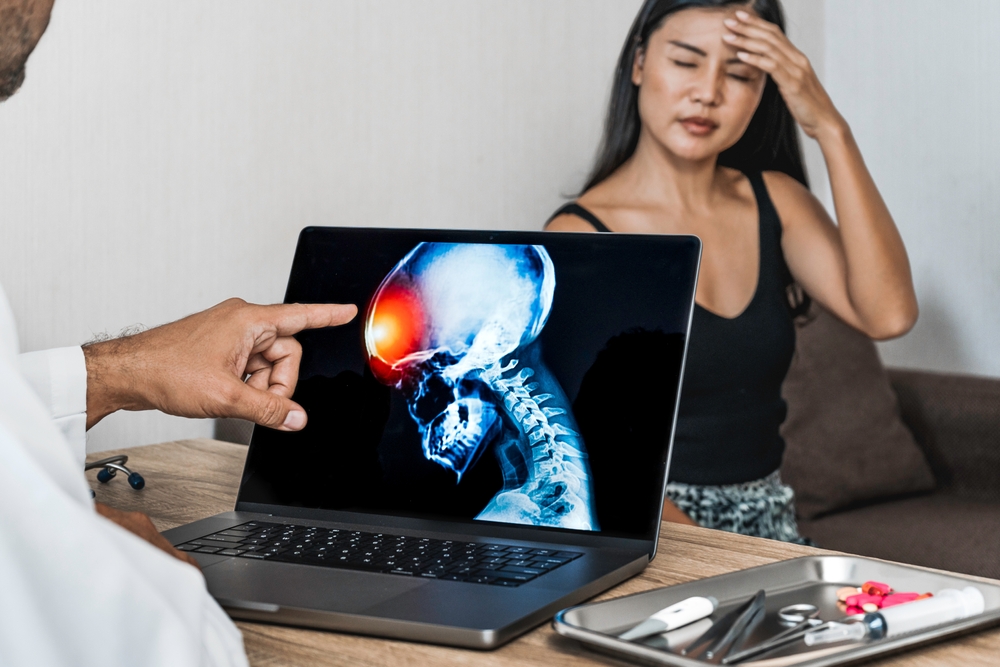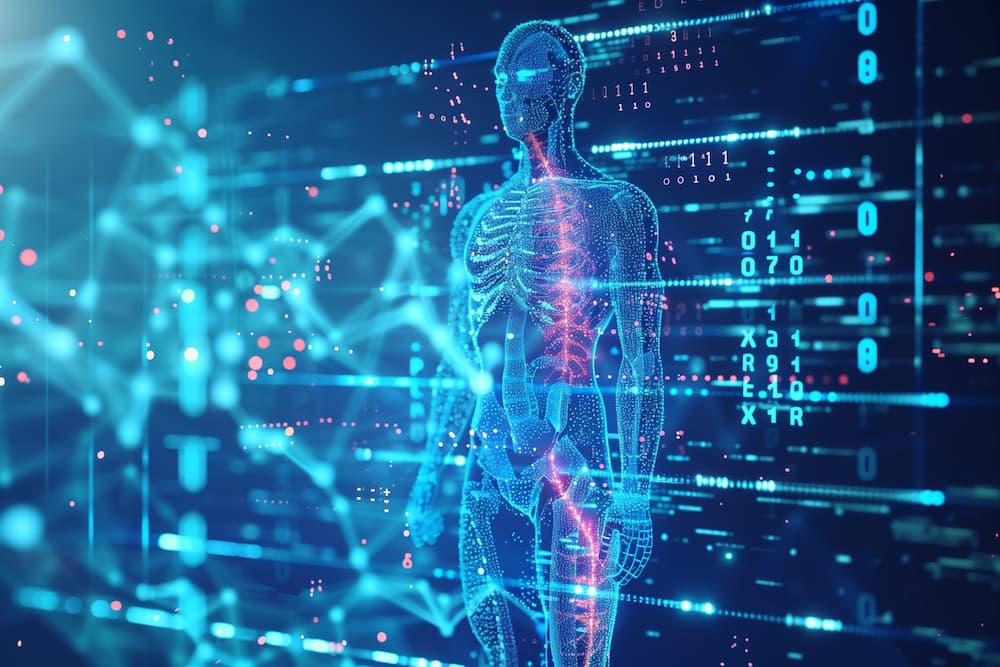Neuro Acupuncture can alleviate symptoms and the underlying drivers of symptoms following Traumatic Brain Injury, TBI. TBI Recovery in Denver.
The brain is one of the most important organs of the human body, assuring a person is able to think, process information, move your body, interact with your environment, utilize memory capabilities, and more. When the brain is injured, whether that is through a bump to the head or a serious accident, complications can develop with both the psychological and physiological well-being of the individual.
Each year, an estimated 27 million cases of traumatic brain injury are reported throughout the world. An 8.4% increase in the prevalence of traumatic brain injuries were noted between 1990 and 2016. A traumatic injury to the brain can sometimes lead to post-concussion syndrome.
What Is Post-Concussion Syndrome?
Post-concussion syndrome is a term used to describe numerous symptoms that may develop after a person suffered a traumatic brain injury. It is important that people understand post-concussion syndrome can occur in patients who suffered a brain injury even when they did not actually experience a concussion.
Many patients who develop post-concussion syndrome may continue to experience the symptoms for several months after they suffered the initial injury.
In the majority of cases where a person develops the post-concussion syndrome, the symptoms will start to become present within about seven days following the injury. The symptoms will be experienced for about three months – but some people do suffer from these complications for periods that may extend over a year.
Symptoms Of Post-Concussion Syndrome
Recognizing the symptoms of post-concussion syndrome is important for any person who had recently suffered a brain injury. Some patients may experience more severe symptoms than others. For some, only a few symptoms will manifest following their injury. In other cases, the patient may experience a larger variety of symptoms.
Common signs that a person is suffering from post-concussion syndrome tend to include:
- Headaches
- Fatigue
- Insomnia
- Dizziness
- Anxiety
- A ringing sensation in the ears
- Light sensitivity
- Noise sensitivity
- Blurry vision
- Concentration problems
- Poor memory function
- Irritability
Treatment For Post-Concussion Syndrome
Treatment really depends on the specific symptoms that the patient experiences, as no specific therapies or treatments are available to treat “post-concussion syndrome” as a disease.
Patients who experience headaches will likely be provided medication to help reduce both the frequency and intensity of post-concussion syndrome symptoms- however brain stimulation is really what they need. Some types of cognitive therapies may also help those who experience memory and concentration issues. Medication and psychotherapy may be used to help a patient with anxiety or depression as a complication- again, brain stimulation is really what they need to have long term changes.
Conventional treatments for headaches caused by a traumatic brain injury might be effective, but they do come with several risks, including addiction with long-term usage. Studies are now finding that acupuncture holds the potential as alternative treatment without the risks involved with the use of medications.
Scalp Acupuncture
Scalp acupuncture also called head acupuncture in some literature, has been suggested for patients who had suffered a brain injury. Even though there is an increase in the use of scalp acupuncture among these patients, the specific practice did face a challenge over the past years, primarily due to the fact that it is still considered a relatively new alternative therapy for brain injury patients.
One particular challenge is the fact that scalp acupuncture does not focus primarily on the same channels that are often utilized in a traditional acupuncture therapy session. Instead, specific areas of the head are selected based on a newly developed somatotopic reflex system. The surface area of the head is divided into multiple sections with the somatotopic reflex system-specific sections then need to be targeted in a patient with brain injury.
Another way that scalp acupuncture differs from a more traditional approach is the fact that specific points are not targeted, but rather larger areas. The selected areas are based on neurophysiology, as well as the neuro-anatomy of the brain.
The areas, or sometimes called zones that are targeted in scalp acupuncture, tend to focus on particular systems that form part of the patient’s body. These systems include:
- Central nervous system
- Peripheral nervous system
- Endocrine system
- Vascular system
- Immune system
Channels are still targeted as a secondary focus. The use of scalp acupuncture might assist with specific functions in the patient who suffered a previous brain injury, including the following areas:
- Vision
- Sensory input
- Speech
- Balance
- Hearing
- Motor activity
Acupuncture And Inflammation In DOCs
Disorders of consciousness, also referred to as DOCs, are common complications that sometimes occur in people who had suffered an acquired brain injury. This is most often the case in patients who had a more severe brain injury, following an accident, fall, or another event.
The same complication is seen in patients who suffer a hemorrhagic stroke, as well as those who experienced an ischemic stroke. Anoxic encephalopathy is another factor that may contribute to the development of an acquired brain injury, as well as disorders of consciousness as a type of consequence.
The use of acupuncture poses as a complementary therapy to assist in the treatment of symptoms and effects caused by disorders of consciousness. In particular, the acupuncture treatment methods utilized may assist in reducing the inflammatory triggers that are often found in patients with DOCs.
Most patients will find that scalp acupuncture provides the most significant improvement in symptoms associated with DOCs. This is primarily due to an improvement in blood circulation within the cerebral area of the brain, as well as to promote regional energy metabolism.
There are studies that have shown scalp acupuncture may also lead to an elevation of GABA levels in the brain, reduce neurogenic toxicity, and assist in reducing amino acid content that is considered excitatory.
Immunoinflammatory reactions that occur in the cerebral vascular region may also be reduced with the use of acupuncture techniques that specifically target the head region of the patient.
Acupuncture And Neuron Regeneration
A reduction in neurons within the brain is a common finding in patients who had suffered a brain injury. A more traumatic brain injury might lead to a significantly higher level of neuron loss. Due to the importance that neurons play in the brain, along with several nerves, it is critical to address the role of acupuncture in the regeneration of neurons and nerves in the body.
Nerve-related injuries were improved in 80% of participants in one particular study. All patients who were part of the study had suffered an injury that caused damage to nerves. The damage led to problems in motor nerve conduction in particular, along with other complications.
The utilization of acupuncture on a specific number of pressure points may also yield an improvement in the production of neural stem cells or NSCs. These stem cells are found in various parts of the brain, including:
- The hippocampus
- The subependymal region
- The pallium
- The corpus striatum
These stem cells have the ability to regenerate itself, as well as duplicate. They can also differentiate into both glial cells and neurons. The utilization of acupuncture in a patient who suffered brain damage could assist in restoring neural stem cells in these areas of the brain, providing an improvement in the generation of neurons, as well as nerve cells.
Acupuncture And Arousal
The specific pathways that may be damaged in a patient who suffers a brain injury may lead to problems with several functions in the body – including arousal. In these cases, both bodily and sexual arousal may be adversely affected.
Studies have shown that the use of acupuncture techniques in patients with traumatic brain injury may yield an improvement in the neuron firing that occurs in the locus coeruleus.
When the neuron firing increases in this area of the brain, there is a spike in the production of norepinephrine in the hippocampus, as well as the thalamus. In turn, this may yield a significant elevation in noradrenergic pathways – potentially leading to a restorative effect on arousal while also improving alertness. The body’s fight-or-flight response may also be restored with these specific effects that occur through acupuncture.
Acupuncture And Autonomic Nervous System (ANS) Modulation
Another area where acupuncture might be useful in a patient who had a traumatic brain injury would be in the modulation of the autonomic nervous system. Even though studies are limited in terms of how a brain injury tends to affect the autonomic nervous system, a definite connection has been made between the two.
When it comes to using acupuncture therapy for ANS dysfunction, it is important to note that only a specific number of symptoms seem to be improved with these techniques. One study demonstrated a significant improvement in symptoms like vomiting and nausea associated with ANS dysfunction, provided by an acupuncture therapy session.
Acupuncture As An Alternative Treatment For Headaches Related To A TBI
The side-effects and risks associated with the use of conventional treatments have caused researchers to look at alternative options for patients with headaches associated with post-concussion syndrome.
Acupuncture is one particular alternative therapy that has received a lot of mixed opinions. While some studies have proven it successful, there are also a number of researchers and medical experts who do not believe acupuncture to be as effective.
In a new study, however, evidence was provided that suggests acupuncture is, indeed, an effective way of reducing the severity of headaches in patients who previously suffered a traumatic brain injury.
Two different types of acupuncture techniques were analyzed in the study. These included:
- Traditional Chinese Acupuncture
- Auricular (ear) Acupuncture
The study group was divided into two groups. One group received conventional treatment for the headaches experienced, while the other group was also introduced to the two types of acupuncture the study focused on.
Researchers reported a significant improvement in headache symptoms among those patients who had utilized the two acupuncture techniques. The acupuncture group also experience a much more significant alleviation of the headache symptoms when the results were compared to the group of patients that received only conventional treatment for post-concussion syndrome.
Conventional treatments for headaches caused by a traumatic brain injury might be effective, but they do come with several risks, including addiction with long-term usage. Studies are now finding that acupuncture holds the potential as alternative treatment without the risks involved with the use of medications.
Axon Integrative Health is a fully integrative functional neurology, acupuncture, functional medicine, and human performance clinic in Denver Colorado, in the Cherry Creek neighborhood.We provide care for Post-Traumatic Brain Injury And Post-Concussion Syndrome. If you would like to receive more information about this treatment, you can call us at: 720-994-AXON or fill out a form below so we can reach out to you!
Sources
https://www.medscape.com/answers/828904-158205/what-is-the-prevalence-of-postconcussion-syndrome-pcs
https://www.liebertpub.com/doi/full/10.1089/acu.2016.1183
https://www.asha.org/PRPSpecificTopic.aspx?folderid=8589935337§ion=Incidence_and_Prevalence
https://www.ncbi.nlm.nih.gov/pmc/articles/PMC3833481/
https://www.ncbi.nlm.nih.gov/pmc/articles/PMC6157173/
https://www.healthcmi.com/Acupuncture-Continuing-Education-News/1428-acupuncture-regenerates-nerves
http://jpet.aspetjournals.org/content/318/2/890
https://www.autonomicneuroscience.com/article/S1566-0702(06)00221-9/fulltext
https://www.hindawi.com/journals/ecam/2018/8107508/




